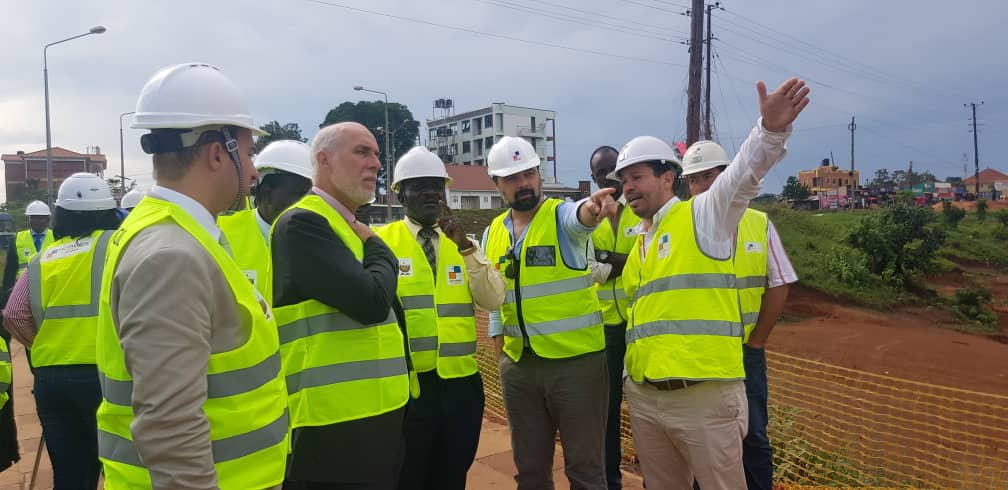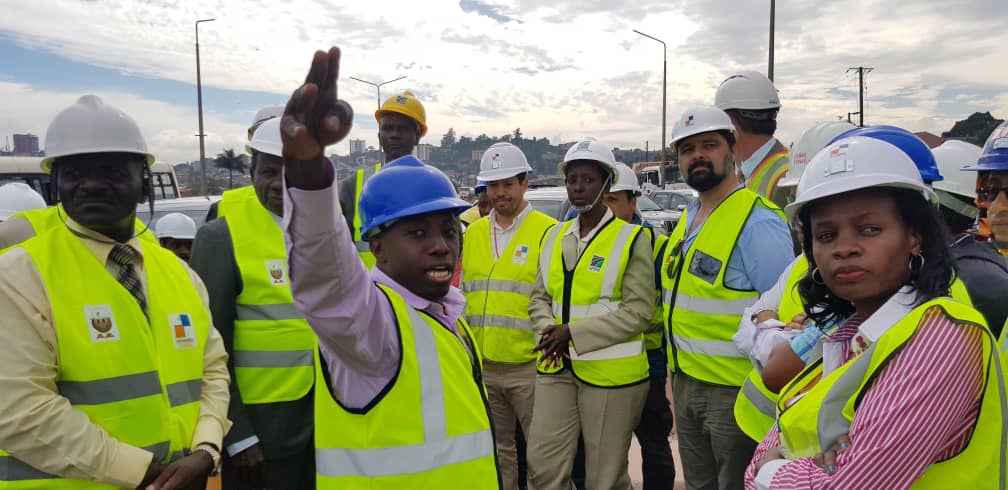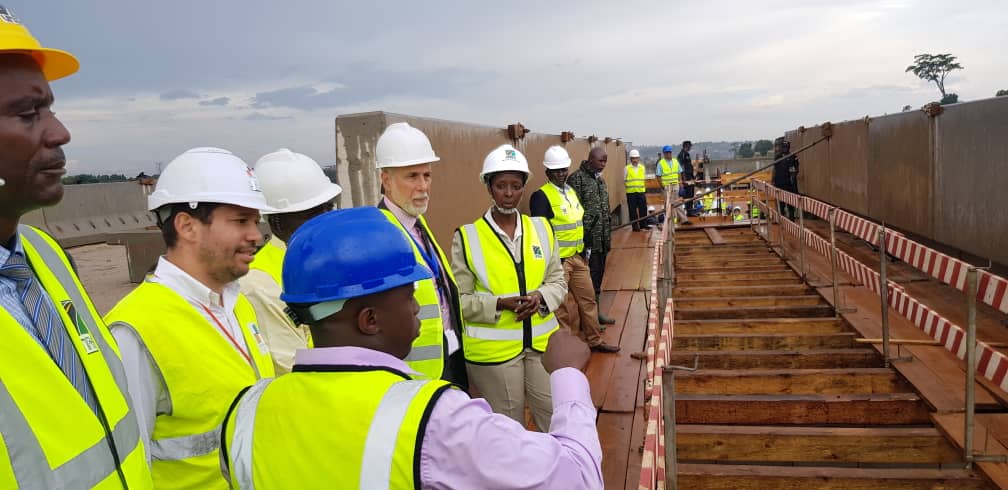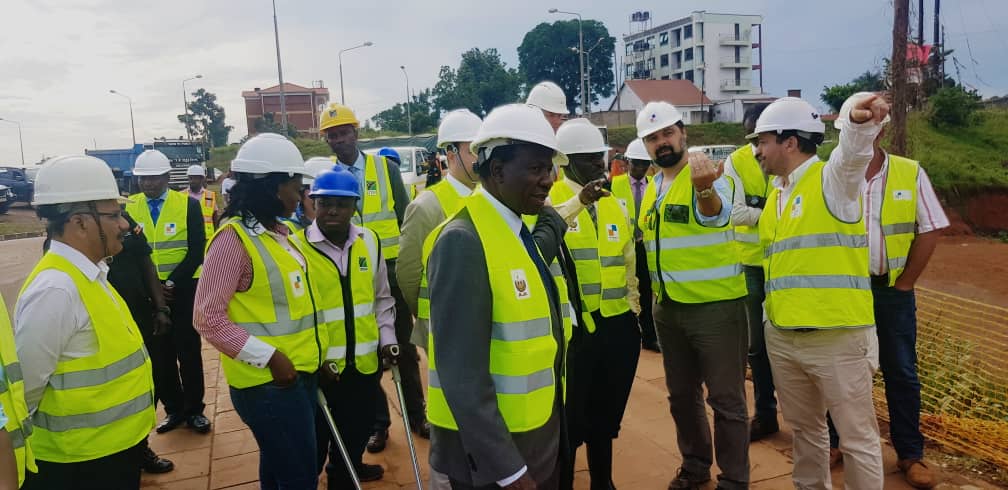
Uganda National Roads Authority(UNRA) has promised to compensate the identified land owners along the Northern by pass so that it can effectively complete the expansion of the Kampala Northern Bypass.
According Mr Mark Ssali, UNRA Head of Public and Corporate Affairs, the major cause of the delay in the expansion of the Northern bypass is mainly family disputes and absent owners.
“The project has suffered significant delays due to lack of full rights of access to and possession of site and as such the contractor’s productivity and progress has been hindered. The challenges delaying the timely land acquisition arise from; design improvements, disputed compensation amounts by Project Affected Persons (PAPs), family disputes over ownership, absentee landlords. The Contractor has been urged to work around the obstacles to mitigate excessive delays” he said.
However, UNRA is planning to identify the owners, plan to meet them and compensate them so that they can vacate from the land.
” UNRA’s Land Acquisition and Legal team are working together with the Courts of Law to solve the identified land ownership and compensation challenges by the end of 2018,” Ssali promised.
It should be noted that the ongoing second phase of the Kampala Northern Bypass commenced in July 2014 with an originally expected completion date of July 2017. The physical progress as at end of November 2018 is at around 51% and the contractor is fully mobilized towards completion of works by close of 2021.
UNRA has come up with very many projects so as to improve urban mobility in and around Kampala. These include;
- Construction of an additional carriageway, approximately 17.5km long, to complete the dualisation of the Kampala Northern Bypass to a 4-lane dual carriageway road,
- Construction of 3 new footbridges at Kyebando, Ntinda, and at Naalya. These are intended to allow safe crossing of pedestrians across the road,
- Construction of 6 new grade separated interchanges at Sentema, Hoima, Gayaza, Bukoto – Kyebando, Ntinda and Naalya roads. These are intended to separate the express traffic along the Northern Bypass from the adjoining traffic from the connecting roads for instance Nabulagala – Sentema road, Hoima road, and Kampala – Gayaza road,
- Comprehensive road safety improvements such as (i) segregated facilities for cyclists and pedestrians (ii) improved lighting, (iii) active road-studs, (iii) improved at-grade crossings at signalized junctions,(iv) full length central reserve safety barriers.
In the process of expansion,there is a likelihood of traffic distraction and therefore the public has been asked to be patient and adhere to the available traffic guidelines so as to avoid causing accidents.
“As the works progress, the public will notice that there is traffic disruption at the specific construction areas. UNRA therefore wishes to request the general public to observe the traffic management guidelines that have been put in place to enhance safety, enable smooth flow of traffic and avoid likely accidents. The contractor’s work at the moment is not affecting traffic flow since the existing Northern Bypass is fully functional and open to traffic with diversion lanes created as need arises,” UNRA advised in their press release.
UNRA has also advised Ugandans to stay positive and trust their work because the construction of the Kampala Northern Bypass is on course, implemented by a credible contractor and supervised by a competent project management team. Due to this, the expansion is going to greatly improve the road transport network in Uganda.
It should be noted that the Government through its implementing agency the Uganda National Roads Authority (UNRA) undertook to construct the first phase of the Kampala Northern Bypass project between 2004 and 2009 with grant support from the European Union (EU) of EUR 52.2 million. The current expansion of the Kampala Northern Bypass is the second phase of this highway construction project, following the completion of the first phase in October 2009, also co-financed by the Government of Uganda and the European Union through a EUR 40 million grant blended with a EUR 7.2 loan from the European Investment Bank. The contractor of this project is Mota Engil Uganda.



